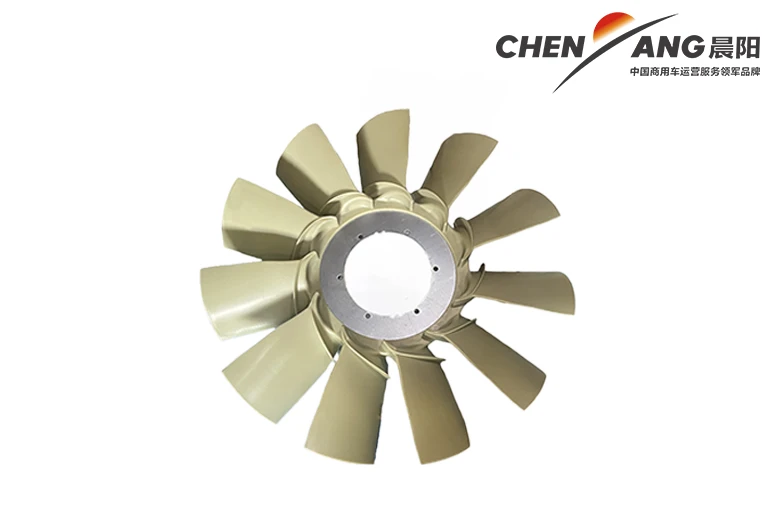equipment trailers for sale
Equipment Trailers for Sale A Comprehensive Guide
When it comes to transporting heavy machinery, vehicles, or equipment, having the right type of trailer is essential. Equipment trailers have become an indispensable tool for contractors, landscapers, and anyone in need of moving substantial loads. Whether you're looking to buy a trailer for personal use or for your business, understanding the various options available can help you make an informed decision.
What Are Equipment Trailers?
Equipment trailers are designed to transport heavy loads that can't be easily moved by regular vehicles. These trailers are often used for carrying construction equipment, recreational vehicles, landscaping machinery, and more. They typically feature a sturdy frame, reinforced decks, and high load capacities—often ranging from 7,000 to 25,000 pounds depending on the model.
Types of Equipment Trailers
1. Flatbed Trailers These are the most common types of equipment trailers. They feature a flat, open deck that allows for easy loading and unloading of various types of machinery. The versatility of flatbed trailers makes them a popular choice among construction and hauling businesses.
2. Tilt Trailers Tilt trailers have a unique feature that allows the deck to tilt downward, making it easier to load heavy equipment without needing a ramp. This is particularly useful for transporting low-profile machinery.
3. Enclosed Trailers If you're looking for added protection for your equipment, consider an enclosed trailer. These trailers are fully covered and sealed, protecting your machinery from road debris and weather elements.
4. Multi-axle Trailers For very heavy loads, multi-axle trailers distribute weight more evenly and provide better stability. These trailers often come with extra wheels and may have additional features such as air brakes.
Features to Consider
When shopping for equipment trailers, there are several key features to consider
equipment trailers for sale

- Material Most equipment trailers are made from steel or aluminum. Steel is more robust and better for heavy loads, while aluminum is lighter and resistant to rust, making it suitable for lighter loads.
- Braking System Look for trailers with electric brakes or surge brakes, as these can improve safety when stopping heavy loads.
- Load Capacity Always check the trailer's load capacity to ensure it meets your requirements. Overloading a trailer can lead to accidents and damage.
- Deck Height and Width Depending on what you intend to transport, you’ll need to consider the height and width of the trailer deck. Lower decks allow for easier loading, while wider decks can accommodate larger equipment.
Where to Buy
When looking for equipment trailers for sale, you have several options
1. Dealerships Many dealerships specialize in trailers and can offer new, used, and custom models. They also provide warranties and after-sale service.
2. Online Marketplaces Websites like eBay, Craigslist, or specialized trailer sales sites can give you a broad array of options and often at competitive prices.
3. Local Classifieds Don’t underestimate the power of local classifieds for used trailers. You might find a great deal from someone looking to sell a reliable trailer.
Conclusion
Investing in an equipment trailer can greatly enhance your ability to transport heavy machinery and equipment safely and efficiently. With a variety of types and features available, it’s important to assess your specific needs before making a purchase. Whether you opt for a flatbed, tilt, enclosed, or multi-axle trailer, doing thorough research and considering all available options will ensure you find the right equipment trailer for your demands. Happy hauling!
-
SINOTRUK HOWO 84 Electric Dump Truck for Eco-Friendly Heavy HaulingNewsJul.26,2025
-
The Fast 16-Gear Manual Transmission Assembly for Heavy TrucksNewsJul.25,2025
-
Mercedes Benz Actros 1848 42 Tractor Truck for Sale - Reliable PerformanceNewsJul.24,2025
-
High-Quality Water Pump Assembly for Sinotruk Trucks – Durable & ReliableNewsJul.23,2025
-
Premium Truck Engine Antifreeze Coolant Fluid for Heavy Duty VehiclesNewsJul.22,2025
-
FOTON View G7 Mini Bus: Affordable & Spacious TransportNewsJul.22,2025
Popular products

























